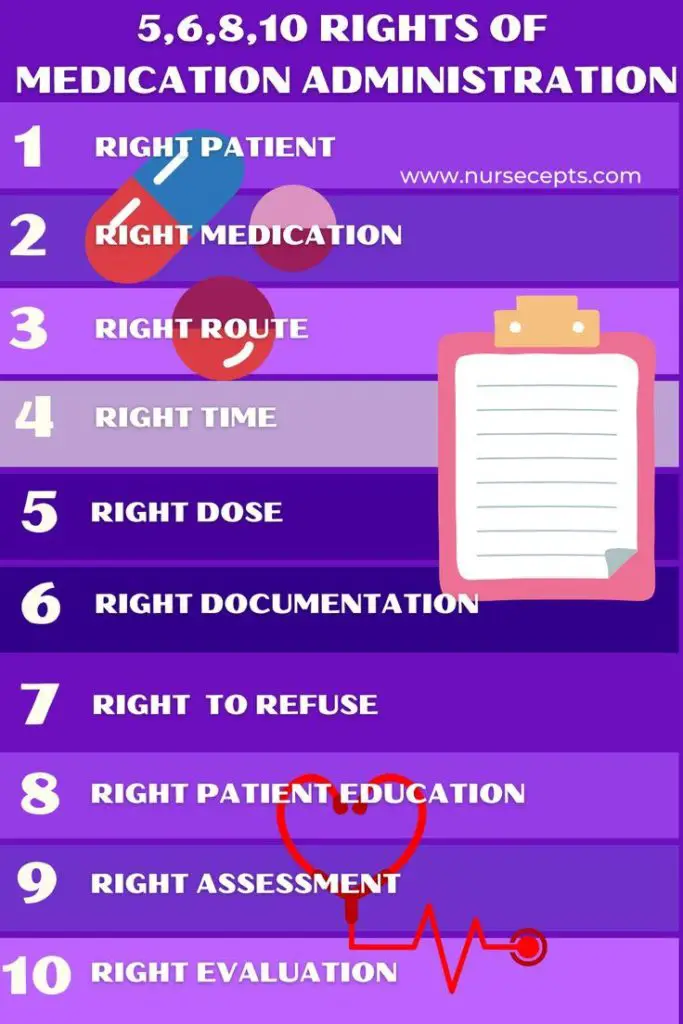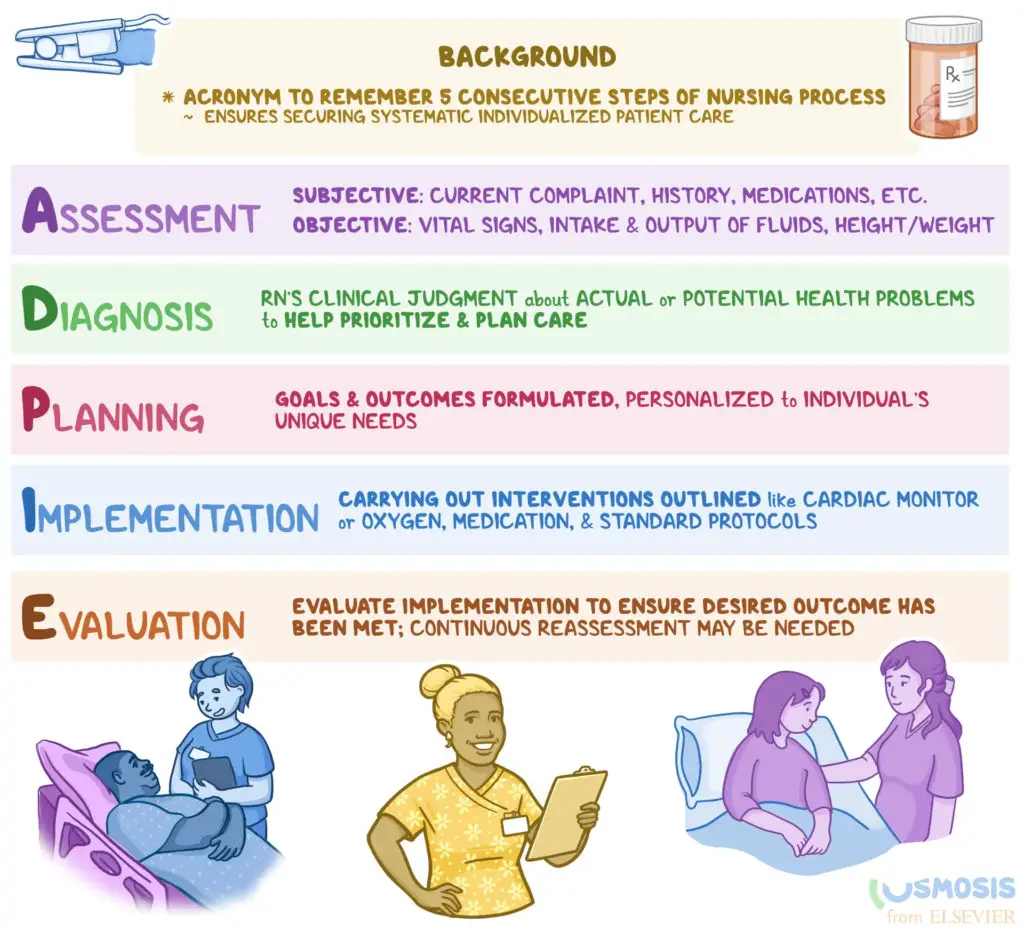Introduction
Important Information about nurses are essential in providing medical treatment, showing compassion, and enhancing patient outcomes. Nurses are in charge of improving patient care and maintaining their well-being as the backbone of the healthcare system.

Nurses have a wide range of skills that improve the overall standard of care, from managing medical interventions to offering emotional support. Eight important information, or facts about the numerous roles nurses play in enhancing client care will be covered in this article.
Table of Contents
8 Important Information about the Roles of Nurse in Refining Client Care
1. Promotion of Patient Rights and Welfare
The role of patient advocate is one of the main duties of nurses as an important information. The rights of their patients are upheld, their opinions are heard, and their wellbeing is given priority, thanks to the nurses. This entails actively participating in multidisciplinary healthcare teams, advocating for patient-centered treatment, and resolving any problems that could develop while providing care. In order to ensure that patients’ needs are successfully satisfied, nurses serve as a liaison between patients and the healthcare system.
2. Right Health Assessment
One important information in terms of being experts in patient assessment, nurses do in-depth analyses to find the social, psychological, and physical aspects influencing the health of their patients. Nurses can identify potential health hazards, create suitable treatment plans, and act quickly when necessary by conducting thorough health exams. By ensuring that all facets of a patient’s wellbeing are addressed, these assessments contribute to improving client care and resulting in better health results.
3. Right Management of Medication
Medication administration as an important information is the responsibility of nurses, who make sure that patients get the proper drugs in the right amounts at the right times. By carefully observing the effects of medications, spotting any negative interactions or reactions, and immediately alerting healthcare personnel, they play a significant part in improving client care. In order to promote safe and efficient medication management, nurses inform patients about their prescriptions, potential adverse effects, and the value of adherence.
4. Patient Education and Empowerment Empowering patients through education is a key aspect of refining client care. Nurses provide patients with the knowledge and tools they need to actively participate in their own care as an important information also. They explain medical procedures, teach self-care techniques, and provide information about disease prevention and management. By empowering patients with the necessary skills and knowledge, nurses promote better health outcomes, encourage self-management, and enhance overall patient satisfaction.
5. Advocacy and Emotional Support
Nurses are aware of the psychological and emotional toll that sickness has on patients and their families. During trying moments, they offer compassion, emotional support, and a listening ear. By addressing their patients’ worries, anxieties, and concerns, nurses act as an advocate for their emotional health. Important information such as patients who receive care using a holistic approach to treatment feel appreciated, comprehended, and supported throughout their healthcare journey, which improves the quality of client care.
6. Monitoring and evaluation on an ongoing basis
When assessing how patients are responding to interventions and treatments, nurses play a critical role. They constantly check the patient’s vital signs, keep an eye out for any changes in their condition, and alert the medical staff to any deviations. Through constant observation, nurses quickly spot possible problems or complications, enabling immediate interventions and adjustments to the care plan. This proactive strategy improves patient safety and helps to produce successful medical outcomes.
7. Promoting good health and preventing disease
Nurses are essential in promoting health and preventing disease outside of acute care settings as an important information. They provide immunizations, conduct testing for illness early detection, and educate communities about healthy lifestyle choices. By encouraging healthy habits and preventive measures, nurses help to improve client care by lowering disease incidence and raising general population health is an important information.
8. Collaboration and Care Coordination
In many cases, important information such as nurses act as the focal point for coordination and communication among the various medical specialists involved in a patient’s care. To facilitate smooth transitions and continuity of care, they work together with doctors, therapists, pharmacists, and other healthcare professionals. In order to improve the client’s experience with care, nurses acquire and synthesize data, create care plans, and help all parties involved communicate effectively.

Additional Fascinating Important Information
1. Levels of Nurse Staffing and Patient Results
There is a clear link between nurse staffing numbers and patient outcomes, as shown by numerous research. A study that appeared in the Journal of the American Medical Association (JAMA) indicated that shorter hospital stays and lower death rates were related to higher nurse staffing levels. By ensuring that patients receive prompt and appropriate care, adequate nurse staffing plays a crucial part in improving client care.
2. Nursing Leadership’s Effect on Patient Safety
For the purpose of improving client service and guaranteeing patient safety, effective nurse leadership is essential. According to UK research by the National Institute for Health and Care Excellence (NICE), effective nursing leadership improves patient safety culture, lowers prescription errors, and fosters better provider communication. Leading nurses have the chance to improve care quality by influencing corporate culture and advocating for a patient-centered approach.
3. Nursing Education’s Effect on Patient Outcomes
Patient outcomes are directly impacted by high-quality nursing education. A BSN-trained nurse had improved patient outcomes, including fewer medication errors and lower death rates, according to a study that was published in the International Journal of Nursing Studies. Higher education enables nurses to develop their critical thinking, research, and leadership skills, which improves their capacity to improve client care.
These data and studies demonstrate the critical contribution nurses make to improving client care. Their responsibilities go beyond the typical patient care activities to include leadership, advocacy, education, and the reduction of healthcare inequities. Nurses continue to influence healthcare and improve the lives of their patients through the use of evidence-based practices and a patient-centered perspective.
Conclusion
Nurses hold multifaceted roles in refining client care, encompassing advocacy, coordination, assessment, education, emotional support, monitoring, and health promotion. Their contributions are fundamental to enhancing patient outcomes, improving patient experiences, and optimizing the delivery of healthcare services. As we acknowledge the critical importance of nurses in our healthcare system, it is essential to appreciate their dedication, expertise, and unwavering commitment to refining client care.
Matthew 10:8
“Heal the sick, raise the dead, cleanse those with skin diseases, and throw out demons. You received without having to pay. Therefore, give without demanding payment.”
Nurses, be reminded that Jesus showed us the way on how to take care of the sick. We may have our skills on our end, but let God do the rest of the work for you. Doctors may suggest treatment or medications for any kind of disease. But, the best treatment as a Christian, is to pray for there is power in prayer.
Internal Links
- 10 Effective Strategies for Severe Asthma Treatment to Empower Your Breath
- 5 Superb Phases on Acts: How to Pray to our Sovereign God? And 3 Attributes of Prayer Therapy for Mental Health
- How to Strengthen Your Faith Bible Verse (3)
- How to be a Self-Nurturing Successful Entrepreneur and Successful in Life: 7 Ways
- 10 Helpful Money Management Tips
- 10 Online School Thrilling Tips to Excel
- 10 Blood Pressure Pointers: Unlocking the Secrets to Maintaining a Healthy Blood Pressure
External Links
- https://www.news-medical.net/health/Roles-of-a-Nurse.aspx
- https://www.ncbi.nlm.nih.gov/pmc/articles/PMC4825491/
- https://www.indeed.com/career-advice/career-development/nursing-responsibilities
Reference
Indeed Editorial Team. (2022). 13 Important Nursing Responsibilities.
Darvish, A., Bahramnezhad, F., Keyhanian, S., & Navidhamidi, M. (2014). The role of nursing informatics on promoting quality of health care and the need for appropriate education. Global journal of health science, 6(6), 11.
Paharia, P. (2022). Roles of a Nurse.



